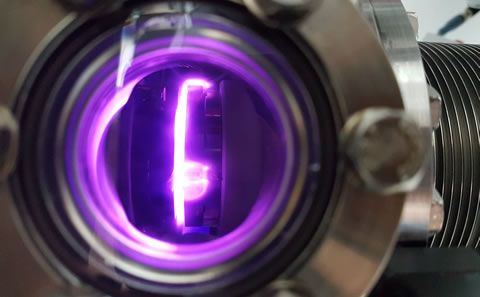
Contact us
Why not get in touch...
QLM open day
Every year around February we organise a QLM open day where we will present available PhD positions for the next academic year. Students are however encouraged to apply individual groups at any time during the year to discuss possible PhD projects.
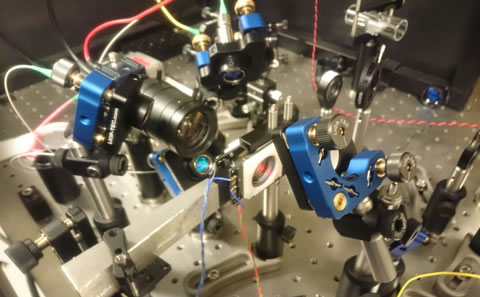
Research in the Quantum Light and Matter group covers the interfaces between physics, chemistry, biology, and engineering and we engage actively with other parts of our University in multidisciplinary teams. Our academics are involved a mix of curiosity-driven and applied research at the cutting edge of physics and technology. Much of our work emphasizes the themes of nanostructuring, optical control and quantum coherence, with a common interest in physics at the nano-scale where quantum mechanical behaviour comes to the fore.

Why not get in touch...
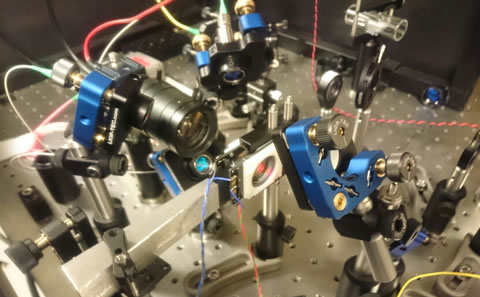
Keep up to date with events
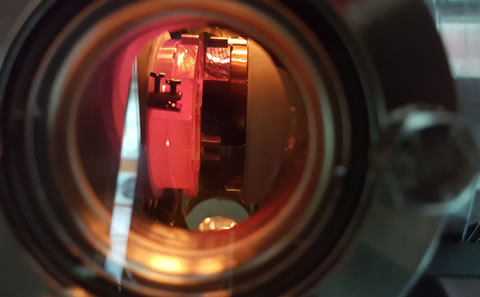
A closer look at our work
If you are interested in contributing to any of the scientific research themes in our group, you should join us to do a PhD. Our group has 40-50 postgraduate students and we lead many interdisciplinary projects in collaboration with colleagues in Chemistry, Engineering, Mathematics, Electronics and Life Sciences. Our researchers contribute around 100 publications per year in high impact journals and are regular invited presenters at conferences all over the world.
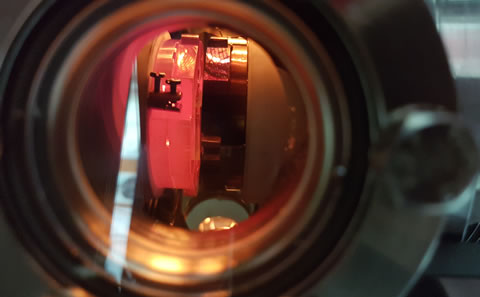
We collaborate both with industrial partners and with many Universities abroad. The QLM group occupies modern, highly-serviced laboratories with a big investment in lasers and characterisation tools. The group also controls the Nanomaterials Rapid Prototyping Facility, and has access to the University's state-of-the-art £120M Nanofabrication Facility.
The QLM Group is closely connected to the Zepler Institute, a multidisciplinary research centre which brings together the University's world-leading expertise in photonics and nanotechnologies and which manages the £120M state-of-the-art Zepler Institute Cleanroom Complex.
The University of Southampton is proud to have recently joined the Planet Possibility consortium.
Read MoreSouthampton physicists develop new tools to improve environmental sustainability when producing photonics circuits at a high volume scale
Read MoreA group of researchers have demonstrated Young's famous double-slit experiment in the reciprocal space (the space of directions) rather than the conventional position space.
Read More